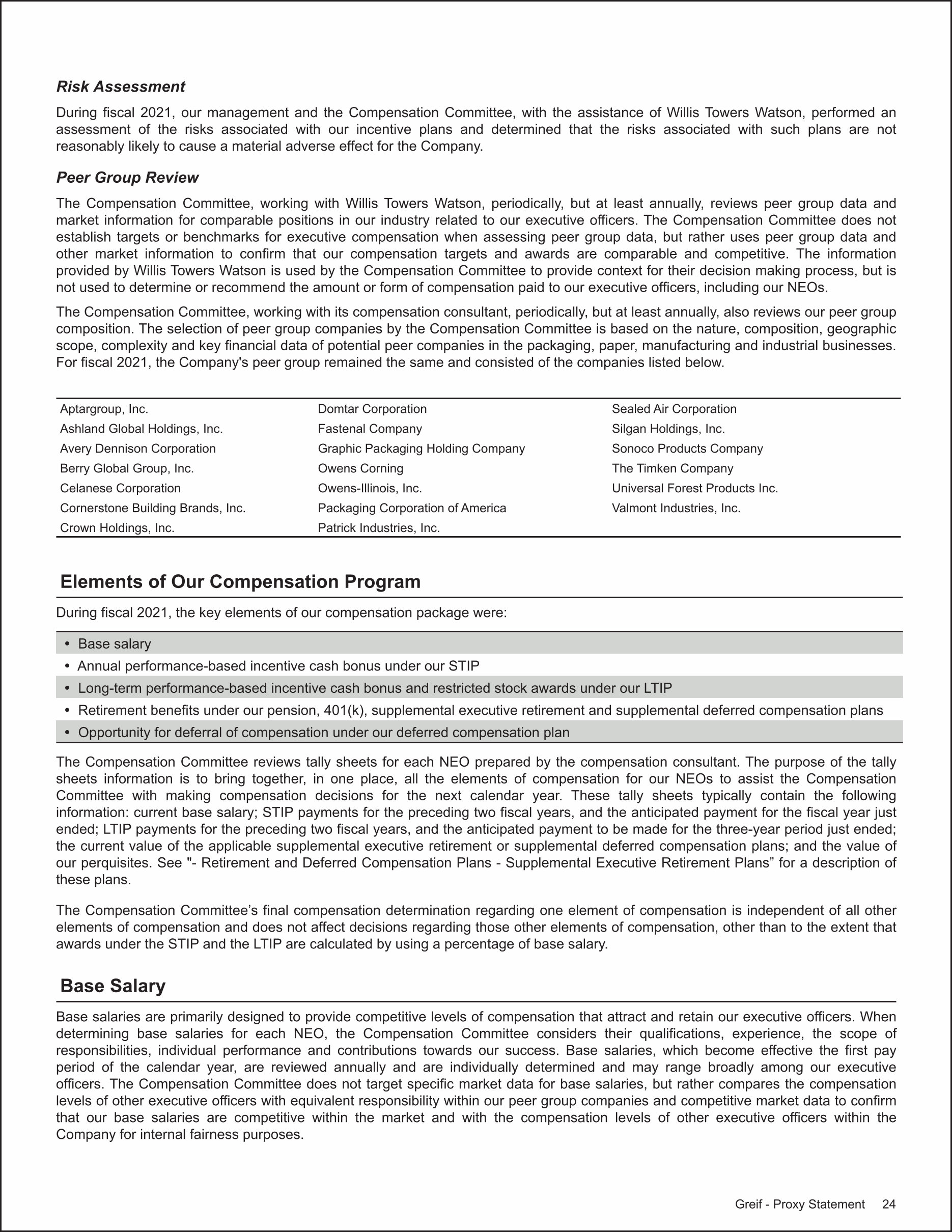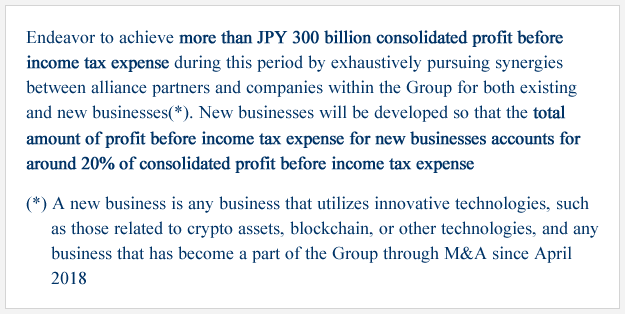
Business administration degrees are required for those who want to work within the consulting industry. Also, experience in business consultation is required. This job requires strong analytical and problem solving skills, as well knowledge in a range of business areas. The following list outlines the tasks, certifications, as well and jobs you can expect to do as a management consultant. Once you have the required skills and experience, you are well on your way to a fulfilling career.
Positions
There are many roles for consultants in business consulting. Some work for a consulting firm on a contract basis, while others take permanent positions with a particular company. The title of the person who heads a consulting firm generally indicates what their area of expertise is. Additional positions include consulting executive, associate business analyst, and administrator executive. There are many levels of management in a consulting company. Below is a description of the roles within this hierarchy.
An undergraduate degree in business, or in a related field, is the minimum requirement for these positions. Depending on the specific firm, this degree could be in business management, economics, engineering, or marketing. The top business consulting firms usually require at least a master's degree. Before applying for a job, applicants should carefully consider the salary range and company culture. Consultants are typically paid between $50,000 to $100,000 per annum once they have been hired.

Duties
Businesses need business consulting services to improve efficiency and lower costs. As new technologies are developed to improve productivity and efficiency, businesses will continue to need the services of business consultants. There are many duties and responsibilities that business consultants face. A bachelor's degree is required for most jobs, but some positions may require a graduate. The business consulting degree can be obtained in any of the following disciplines: marketing, economics, or management.
A business consultant, a specialist in a specific field, is a person who helps companies solve their problems. They may be hired to work for a particular company or join a team to supplement their expertise. Although the duties of a business consultant will vary depending upon their specific expertise, they may also be expected to attend meetings, perform assessments, gather data, and make strategic decisions. Many consultants are contracted. A business consultant may specialize in a particular industry or area of expertise, but there are also many types of consultants available to help a company succeed.
Certificates
You can still learn from the work done by others but professional certifications are becoming increasingly popular. They can impress clients, give you an edge over your competitors, and can even help you negotiate a better contract. Many consulting certifications can be done online. This allows you to complete them at your own pace. Here are some reasons why your business consulting certification is worth considering. These courses can be more costly than you think but can pay off in the end.
You can increase your credibility with clients by completing a business consulting program. This will help you get new opportunities. There are many programs available in your country so you don't have to move. You should still consider the certification courses if you want to become a manager consultant. This program will provide you with experience in human resource management as well as hiring. The CMC certification requires three years experience as a manager consultant.

Career ladder
If you're considering a career within business consulting, it is important to understand the progression of each position within the firm. As consultants move up the ranks, the amount of time they spend on client engagements decreases. Analysts spend around 80% of their time working on client projects, while junior consultants are responsible for 20%. As consultants move up the career ladder, their focus shifts from client projects to project management, while Senior Consultants are responsible for managing internal management affairs and coaching junior consultants.
A business consultant can work in many different roles, including project management, marketing and sales. While entry-level consultants offer analysis and recommendations to clients, mid-level managers are responsible for project delivery. Partners and principles focus on building client relationships and selling projects. Although the job titles of consulting jobs can seem confusing, many describe the same job functions. Below is a breakdown of each role. It might be helpful to make a mental model of your career and the roles and responsibilities that go with it.
FAQ
Is it possible for a consulting business to be run from home?
Absolutely! Many consultants do this already.
Many freelancers work remotely via tools such as Skype, Trello and Basecamp. Many freelancers set up their own office space to avoid missing out on company perks.
Some freelancers prefer to work at libraries and cafes instead of traditional offices.
Some people choose to work from their home because they like being close to their children.
Of course, working from home has its pros and cons. If you love your job, working from home is definitely something worth looking at.
What was the origin of modern consultancy?
Accounting professionals were the first to become consultants. They helped companies manage their finances. Their skills in managing financial information led to them being called "accounting consultant". This role quickly expanded to include human resource management.
The French word for "to advice" was the inspiration behind the term "consultant." This was used by businessmen as a way to describe someone who could provide guidance on running an organization. The word consultant is still used by most business owners to refer to any kind professional advisor.
Do I need to seek legal advice?
Yes! Yes. Consultants can often create contracts with clients, without seeking legal advice. However, this can lead to problems down the road. If the client terminates an agreement with the consultant before the completion date, what are the consequences? Or, what happens if the consultant doesn't meet the deadlines set forth in the contract?
To avoid any potential problems, it is best to consult a lawyer.
Do I need to pay tax on consulting income?
Yes. Taxes will be charged on consulting profits. This amount will depend on how much you earn each year.
You can also claim expenses if you are self-employed. This includes rent, childcare, food, and transportation.
But you won't be able to deduct interest payments on loans, vehicle depreciation, or the cost of equipment.
You can only claim back 25% of your expenses if you earn less than PS10,000 a year.
Even if you earn more than the threshold, you could still be taxed depending upon whether you are classified as a contractor and/or employee.
Employers are taxed via PAYE (pay as your earn), and contractors through VAT.
Statistics
- According to IBISWorld, revenues in the consulting industry will exceed $261 billion in 2020. (nerdwallet.com)
- WHY choose me: Why your ideal client should choose you (ex: 10 years of experience and 6-week program has helped over 20 clients boost their sales by an average of 33% in 6 months). (consultingsuccess.com)
- 67% of consultants start their consulting businesses after quitting their jobs, while 33% start while they're still at their jobs. (consultingsuccess.com)
- According to statistics from the ONS, the UK has around 300,000 consultants, of which around 63,000 professionals work as management consultants. (consultancy.uk)
- Over 62% of consultants were dissatisfied with their former jobs before starting their consulting business. (consultingsuccess.com)
External Links
How To
What does a typical consultant's day look like?
A typical day will vary depending on the type of work you are undertaking. You will be spending time researching, planning new ideas, meeting with clients, and creating reports.
You will have many meetings where clients and you can discuss their issues. These meetings can be held over the telephone, online or face-to face.
The proposal is a document that outlines your ideas and plans to clients. You'll need to discuss your proposals with a mentor, colleague, or friend before you present them.
After all the preparation and planning, it's time to actually create some content. You might be creating articles, videos, editing photos, writing interviews, or designing websites.
You may need to conduct research depending on the scope of your project to find relevant statistics and figures. For example, you may need to find out how many customers you have and whether they are buying more than one product or service.
Once you have gathered enough information, it's time to present your findings to clients. You can either present your findings in writing or orally.
You must also follow up with clients following the initial consultation. For example, you could call your clients periodically to check how things are going. Or send them emails asking them to confirm they have received the proposal.
This is a long process that can take some time. However, it is crucial to stay focused and to maintain good relationships.